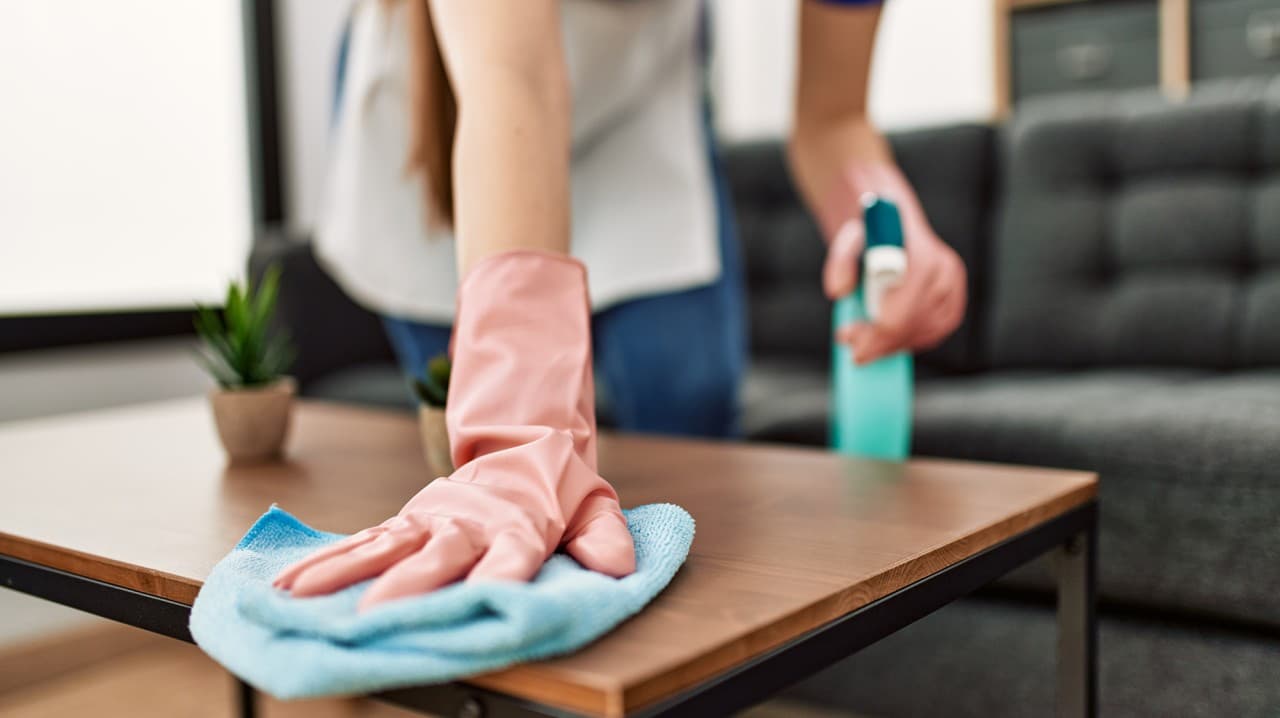
Understanding Salary Cuts for Domestic Workers in UAE: Legal Framework, Protections
Empowering Domestic Workers: Know Your Rights and Legal Safeguards in the UAE
In the UAE, domestic workers are protected under the executive regulations of 2022, ensuring clarity on contract terms, work nature, rest periods, and pay.
This law covers 19 occupations and prohibits discrimination based on race, colour, gender, religion and political opinion, providing a comprehensive framework for fair treatment.
This article breaks down the legal regulations around salary deductions and the protections in place for domestic workers in the UAE.
Salary Deductions: What's Allowed?
Employers can deduct from a worker's pay if the worker causes damage by committing a serious mistake or violating instructions. This deduction can be up to 25 per cent of the repair cost, determined by mutual agreement or the Ministry if there's a dispute.
Unresolved disagreements can be taken to court. Deductions for debt repayment, as ordered by a court, cannot exceed 25 per cent of the worker's wage.
Salary Suspension: When Does It Apply?
A worker detained before a trial won't receive wages during detention. If an employer files a criminal case and the worker isn't tried or is found not guilty, the worker gets paid for the detention period. If convicted, the worker won't be paid for that time.
If someone other than the employer files a case and the worker is convicted, no wages are paid for the detention period. If acquitted, the person who reported the worker must pay the suspended wages unless waived by the worker.
Resolving Disputes
Unresolvable disputes between employers and domestic workers must be referred to the Ministry of Human Resources and Emiratisation (MoHRE). If the Ministry can't resolve the issue within two weeks, it goes to court with MoHRE's recommendations. Domestic workers’ cases are exempt from court fees at all litigation stages and must be resolved promptly.
Legal Protections for Domestic Workers
Domestic workers are entitled to:
* Wages within 10 days from the due date, as per the contract.
* One paid rest day per week.
* 12 hours of daily rest, including eight consecutive hours.
* 30 days of paid annual leave.
* A round-trip ticket home every two years.
* Up to 30 days of sick leave per year.
* Retention of their identification documents.
Employer Responsibilities
Employers must:
* Provide suitable accommodation, meals, and clothing.
* Ensure timely payment of wages.
* Provide medical care or health insurance.
* Maintain a safe and respectful working environment.
* Compensate for work-related injuries or occupational diseases.
Who Are Domestic Workers?
In the UAE, the following 19 occupations are considered domestic workers:
1. Housemaid/Servant
2. Sailor
3. Guard
4. Shepherd
5. Jockey
6. Tamer
7. Falcon care-taker
8. Worker
9. Housekeeper
10. Cook
11. Nanny/babysitter
12. Farm worker/grower
13. Gardener
14. Personal trainer/coach
15. Private tutor
16. Home nurse
17. Personal assistant
18. Private agricultural engineer
19. Personal/family driver
Avoid Unauthorised Centres
Hiring must be done through approved recruitment agencies to avoid unauthorised centres. Check the complete list of approved domestic worker recruitment centres [Add the link of the article Hiring a Maid in the UAE? Here’s the
Complete List of Approved Domestic Worker Recruitment Centres]
Under Federal Decree-Law No. 9 of 2022, several key provisions outline domestic workers' and employers' rights and obligations. Read more about it at https://thelawreporters.com/are-you-a-domestic-worker-in-uae-know-your-rights-and-obligations-of-employer/
For any enquiries or information, contact ask@tlr.ae or call us on +971 52 644 3004. Follow The Law Reporters on WhatsApp Channels.